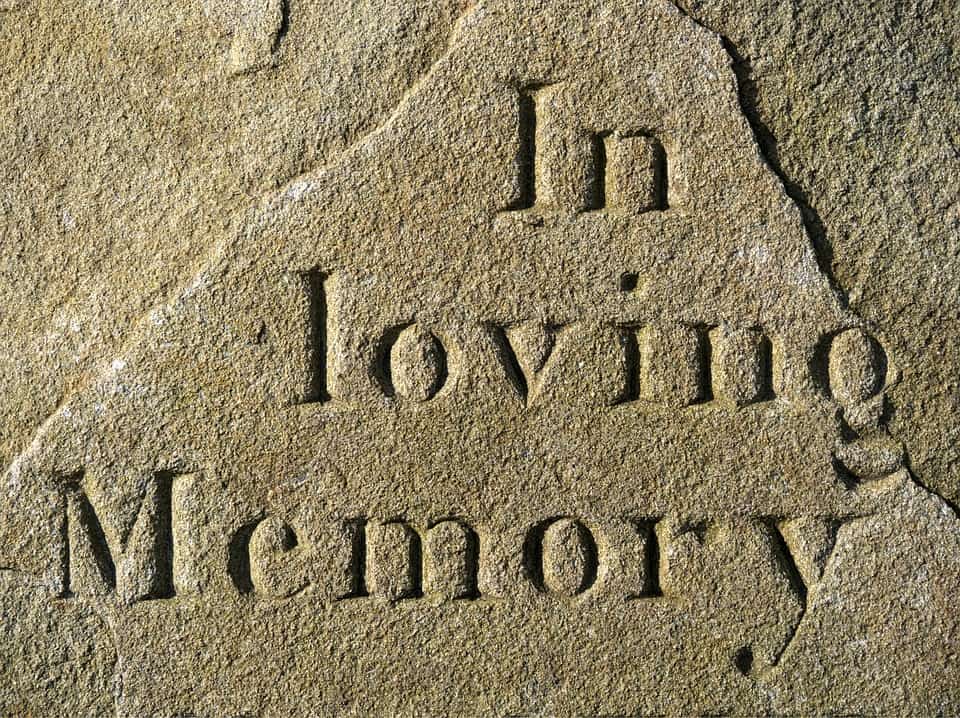INSOLVENT ESTATES CANADA
- INSOLVENT ESTATES CANADA
- Insolvent estates Canada: Introduction
- Insolvent estates Canada: The loss of life of a debtor occurs; who's responsible for the money owed?
- What are your alternatives and your responsibilities, as an executor upon the death of a debtor?
- What should executors and heirs be aware of?
- What should I do if I am an executor and I find that the liabilities are greater than the assets?
Insolvent estates Canada: Introduction
We previously discussed the aspect of death and insolvency in two blog posts:
Thank you for reading our Brandon's Blog. Check out our AI insolvency bot on this page and don't forget to subscribe!
- DEATH OF A DEBTOR: WHO’S RESPONSIBLE FOR THE DEBTS?
- DEATH OF A DEBTOR – THE INDIGNITY TO BANKRUPT A DECEASED PERSON PART 2
When it comes to insolvent estates Canada, among the various questions asked of us, these three questions are always asked:
- What are the duties of an executor/personal representative when the estate has more liabilities than assets?
- Can the executor(s) pay bills before the creditors actually file a claim?
- Do executors or beneficiaries have to pay creditors out of their own pocket if the estate is insolvent?
We prepared the above video to answer these 3 questions. Below is a more detailed discussion of the last 2 questions.
Insolvent estates Canada: The loss of life of a debtor occurs; who’s responsible for the money owed?
Although some creditors may try to collect from the spouse or other relatives, money owed doesn’t transfer because of marriage or death. If the debt is “joint”, the survivor has taken on the obligation directly and is liable on the account.
Debts are normally paid out of the assets of the property of the deceased before distributions to heirs (before paying heirs, the deceased’s debts must be paid). If the estate is insolvent (the assets of the estate are not enough to pay the amounts owed), then the order of charge is commonly prescribed by way of provincial rules.
If warranted, the executors could apply to Court for an order letting them assign the deceased’s estate into bankruptcy. In that situation, then the Bankruptcy and Insolvency Act (Canada) (“BIA”), the federal legislation, will prescribe the order of payment.
If insurance was bought to pay off a specific debt such as a bank issued mortgage or loan, then upon the death of the individual the insurance company will repay the bank and the debt will not exist in the deceased’s estate.
What are your alternatives and your responsibilities, as an executor upon the death of a debtor?
If the estate is insolvent, before or after paying the testamentary costs, you have alternatives:
- Pay the money owed out of your personal resources.
- Allow the estate to go bankrupt.
Emotionally you may wish to pay the money owed because you believe in your heart that it is the proper thing to do and you don’t wish to dishonour the memory of your loved one with a string of bad debts and bankruptcy. But before you decide, you need to know that there is no liability for an executor or heir to take on the debts of the deceased.
Even though there may be a stigma connected to bankruptcy, the reality is that you are not responsible for the money owed, so why should you assume this burden and in all likelihood put your family in financial jeopardy?
Bankrupting the estate makes economic sense. An executor can sidestep the minefield of issues involved in administering the deceased’s insolvent estate by bankrupting it.
What should executors and heirs be aware of?
If you and/or another family member is the executor, be aware:
- The executors have a legal responsibility for all acts completed, and for all acts not accomplished that they should have.
- Notwithstanding everyone’s best efforts, they may unknowingly be inviting proceedings from lenders or heirs for difficult issues. This happens when family members, who are well-intentioned but not skilled at monetary, insolvency or legal issues, are executors because she or he is named, however actually has no know-how in this region.
- By putting the property into bankruptcy, which requires the previous approval of the bankruptcy court, the executors are relieving themselves of personal legal responsibility because the estate will now be administered under the BIA and all creditors by the Licensed Insolvency Trustee.
- The executor will relieve him or herself of coping with collection calls.
- As long as there are sufficient funds in the estate to pay the funeral costs, that can be paid out first in the case of a bankruptcy of the deceased’s estate because of S.136. (1)(a) of the BIA states:
Priority of claims
“136 (1) Subject to the rights of secured creditors, the proceeds realized from the property of a bankrupt shall be applied in priority of payment as follows:
(a) in the case of a deceased bankrupt, the reasonable funeral and testamentary expenses incurred by the legal representative or, in the Province of Quebec, the successors or heirs of the deceased bankrupt;”
It is the first debt with a preferred status that can be paid.
What should I do if I am an executor and I find that the liabilities are greater than the assets?
If you are an executor of a will and you find out that the estate is insolvent, after speaking with the estate lawyer, contact Ira Smith Trustee & Receiver Inc. as soon as possible. We will evaluate the situation and give you sound financial advice on how best protect yourself as executor and the heirs, so that you will be able to go ahead Starting Over, Starting Now.

